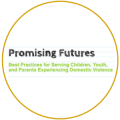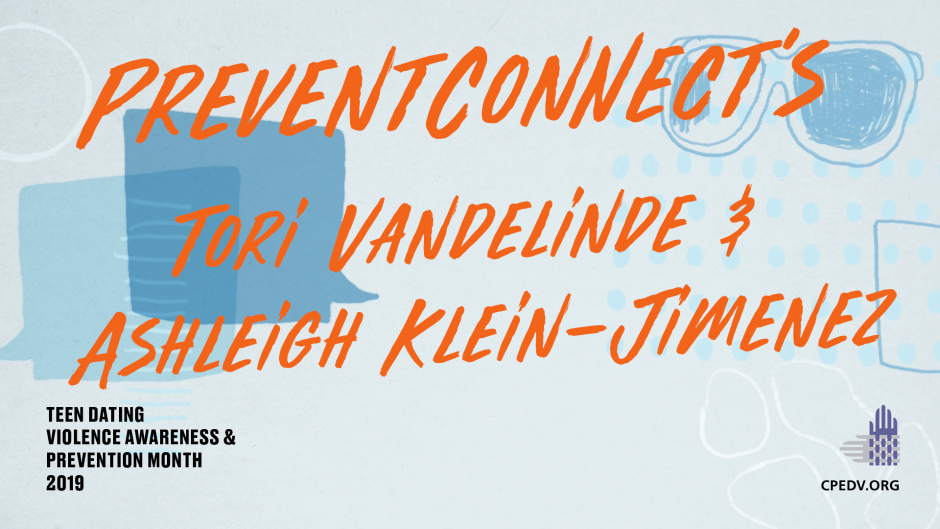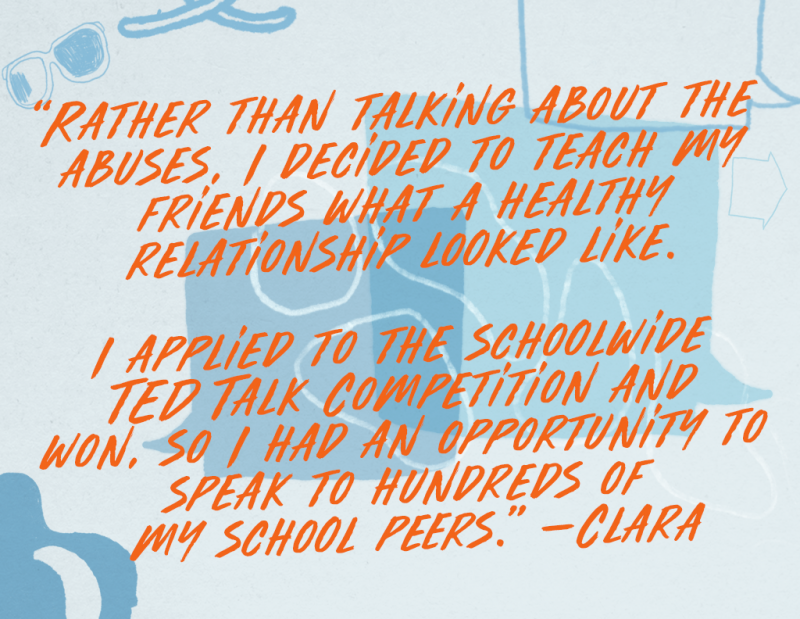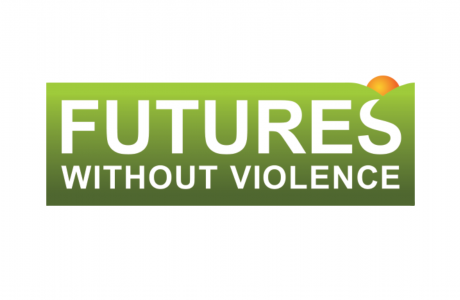➜ If you are experiencing domestic violence and need support, please visit our searchable map of domestic violence organizations.
Whether you’re a seasoned advocate, a student, or a community member interested in learning more about domestic violence, our user-friendly resource library is a great tool for you. We have compiled an extensive database of publications, images, websites, webinars and more — all dedicated to understanding the dynamics of abuse, prevention strategies and community solutions.
See our search options below. Results of your search will appear at bottom of screen.
Don’t see what you’re looking for? Check back often as we’re frequently tagging and uploading additional materials. Or contact our Help Desk: info@cpedv.org.
And if you would also like to search for additional materials compiled by our national partners, click on the links to the left (which will direct you to their searchable sites).






 Continued from quote above: “I addressed abusive teen relationships to make the topic more approachable and demonstrated the seven aspects of a healthy relationship. Although nothing changed dramatically right away, the school wellness center soon implemented healthy relationships into their program.
Continued from quote above: “I addressed abusive teen relationships to make the topic more approachable and demonstrated the seven aspects of a healthy relationship. Although nothing changed dramatically right away, the school wellness center soon implemented healthy relationships into their program.